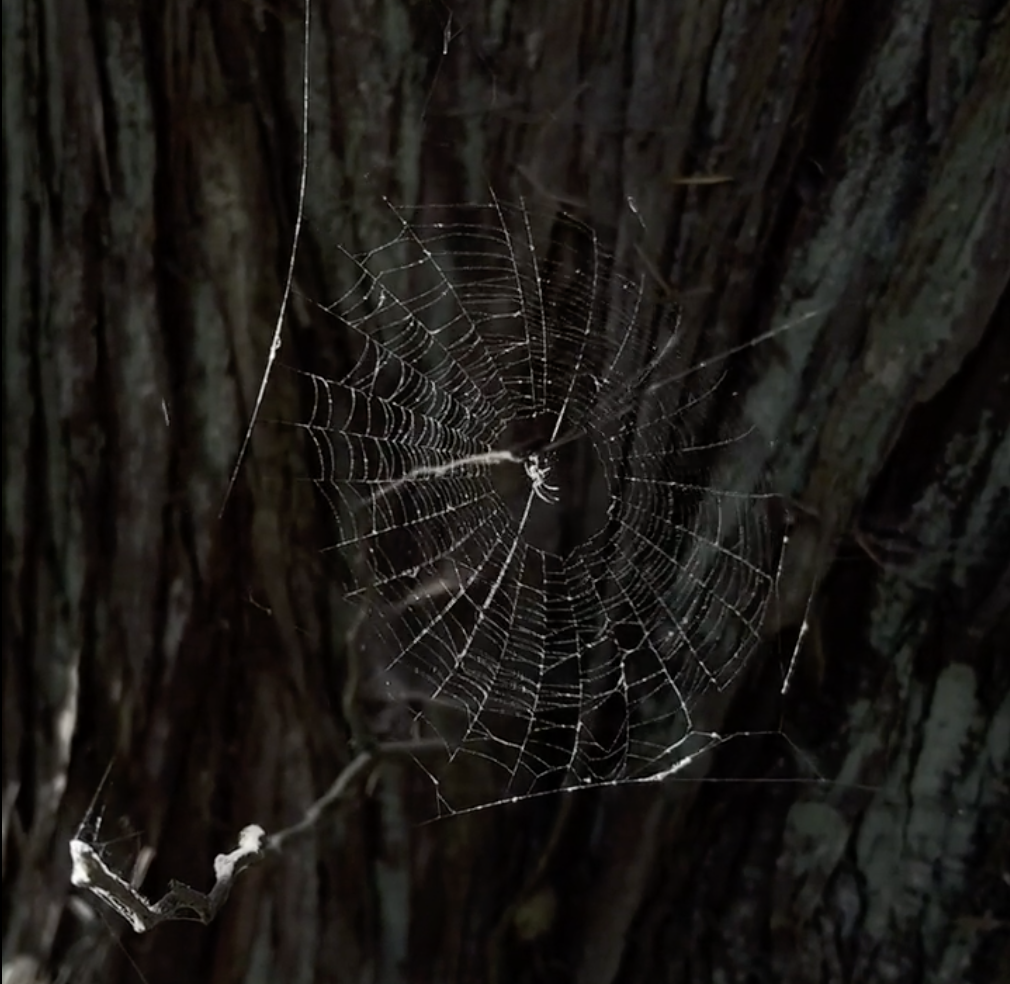Earlier this year, I changed my social media bio to:
“Laurel is a highly interactive system in which economy and clarity of expression are essential.”
This line was lifted directly from the Laurel Manual, a thoughtful guide for using the “Laurel” email program created for the Xerox Alto, from 1981.
It feels peaceful to me … being a system … somehow. I feel less pressured to be any one version of myself at all times.
*
Artists have been becoming systems for a long time now.
In 1965, the poet John Giorno became “Giorno Poetry Systems” (GPS) to advance poetry. His entire artistic practice became funding his poet friends to bring their work ambiently into other mediums.
Curiously enough, many of my friends also consider themselves as systems.
It’s easy for designers, since creating a company by default allows one to seem larger than actuality. Design also goes hand-in-hand with commerce. The Seoul-based Min Guhong has a one-man, “parasitic” company called “Min Guhong Manufacturing.” In an interview a few years ago, Guhong shares with me:
“You might not be able to tell from this interview, but I am actually a very shy and sensitive person. That is, I am easily pleased or upset by others’ opinions towards me. This used to be a burden. But by standing behind the facade of my company, I am able to separate my life from my work and become somewhat indifferent to what other people say.”
It’s not difficult to become an environment. In fact, designer David Reinfurt published a helpful guide, “HOW TO: Make a One-Person Firm Seem Like a Giant Corporation” in 2001, around when he established his own company ORG, which is often confused for a company much larger.
A new friend of mine, a poet Jesse, understands themselves as a system, too. They shared that their “entire chorus of multiple selves” was speaking together in unison to me when we chatted. In the past, they used to feel strange when they acted very differently in different environments. Now as a system, they understand they’re simply “handing the mic” to the most competent self in the room for the occasion and environment at hand. Their spoken word poems are literally multiple versions speaking at once.
My friend Austin also uses the pronouns “they/them” because they similarly identify as a multitude, as they wrote:
“At the end of my reply I signed off using my initials AWS, a moniker I often use rather than my given name Austin. A few days later I received a confused reply from my collaborator to be. Whether in sincerity or jest they addressed me as Amazon Web Service, and requested clarity on who they were speaking to. I appreciated the interaction, because being mistaken for the largest provider of cloud computing and storage is a confusion I’m well prepared to explore. … I find it comforting that I am an ecosystem, a fleeting, highly differentiated community of cells, minerals, organisms, and energy. ‘They’ fits my orientation, and it’s a pleasant quark of the language that the term which blurs a dualism invites in a multitude.”
I realize I’ve been systematizing myself for a while now, too.
I have been publishing small entries to the website honoring my own home, Firefly Sanctuary, for a year or so now. There came a time I changed everything from first person singular “I” to first person plural “We,” and somehow it made everything more harmonious.
I was curious if Sally, who runs the blog Improvised Life, did something similar. When she started publishing her blog, which is a “treasury of inspiring ideas” in 2008, the possibility of the many within us had not yet arrived to popular consciousness. In her entries however, she chose to mostly use “we” because she was tired of the “I” that was everywhere else. Doing this allowed her to convey a sense of others being around and in play. Interestingly, her readers would still write “Dear Sally” when addressing her. As Sally shared in an email with me, “A collective, system, ecosystem feels much more balanced, grounded, calm.”
In writing about people becoming systems, I don’t mean to say that every singular human needs to become or present as systems. There seems to be something inherently “true” about multiplicity within self. Recognizing this makes me feel at ease. I feel grateful for this ease.
